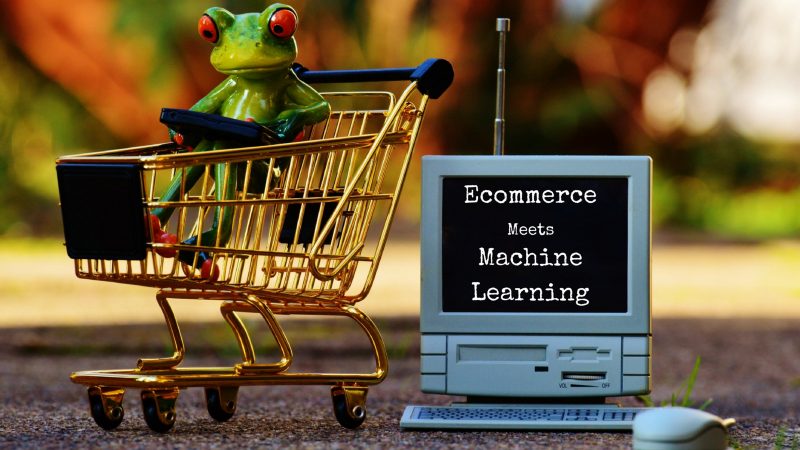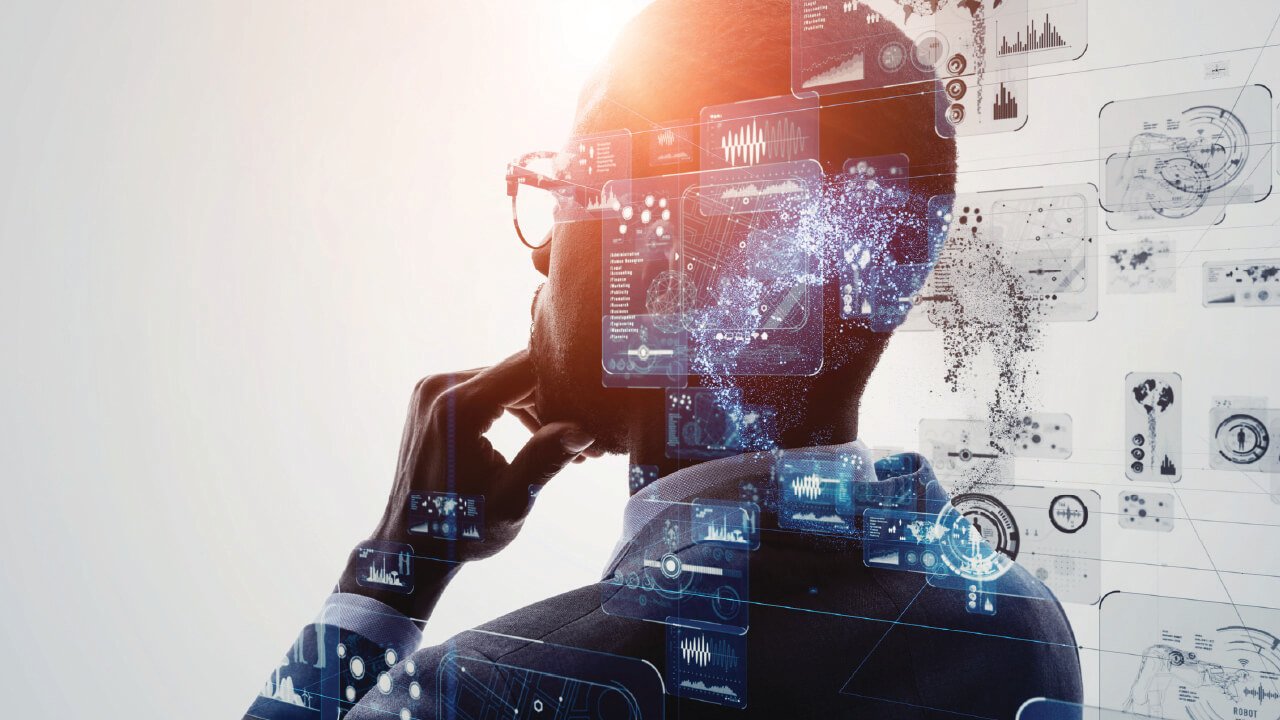Machine learning as a science and tool has become more mainstream. It involves having computers recognize trends without having to program them to do so. These machines can then act or adjust for optimal results by themselves. It increases data collection and analysis potential while recognizing patterns or behavior.
Machine learning use spans every industry and peeks the interest of the web.
Forbes Machine Learning and the Future of Education
Nature.com Machine-learning algorithm quantifies gender bias in astronomy
VentureBeat Uber is rolling out a big redesign powered by machine learning
Ecommerce Power
Its great potential to improve ecommerce has shown itself in many common systems. Armando Roggio at PracticalEcommerce gives six examples of standard tools used in ecommerce. By applying machine learning, the impact and power of these tools grows.
1. Intelligent Customer-service Chatbots
As marketers and customer service people know, today everything is instant and public. Replies to questions, suggestions, and criticism must be proper and quick. With social media and the web, poor responses or long reply times will turn away customers and spread.
Incorporating machine learning into chatbots has the potential to improve the service system. Customer service will be able to automate instant accurate responses, improving customer satisfaction.
2. Improved Product Search
Having a product search that learns can vastly improve search results. The system will learn behaviors and buying patterns, and factor in click and conversion rates, ratings, or inventory. The system can then predict what the searcher wants and provide results that maximize profits.
3. Better On-Site merchandizing
Most ecommerce sites rely on product recommendation and upsell/crossell tools to increase purchases. Machine learning will provide much more accurate an compelling suggested results. The system can learn an individual’s characteristics and buying behaviors. Recommendations can then be better tailored to the shopper.
4. Better Market Pricing
A machine learning pricing system will study pricing trends, product rates, and customer behavior. The ecommerce store owner can then better price products to the market and to maximize profits.
5. Fraud Detection and Prevention
Each ecommerce system and its use cases are different. Fraudulent activity or other security breaches will also differ for each system. Fraud tools with machine learning can adjust for each stores particular weak points. This provides for better system aligned prevention and detection.
6. Better Business Decisions
- Predicting product demand
- Identifying potential inventory problems
- Classifying products and identifying keywords
- Managing marketing campaigns
- Estimating shipping and packing costs
- Improving customer segmentation
FOR THE SOURCE ARTICLE: Practical Ecommerce 6 Ways Machine Learning Will Impact Ecommerce
Improved Ecommerce and Increased Profits
There are many more parts to ecommerce systems where we can apply machine learning. The machines will get better at understanding buying behaviors and trend patterns. And the use cases will grow. Personalization of every aspect of ecommerce systems will enable amazing user experiences, and amazing profits.
Perfecting machine learning however, will be an uphill battle:
Tech Republic Why AI and machine learning are so hard, Facebook and Google weigh in
Machine Learning in Shuup
New technologies and advances in ecommerce methods are always at the forefront of Shuup development. We early on laid the groundwork for algorithmic learning within our platform. Strong data connections to other machine learning systems improves our trend and pattern analysis. As we partner with the bleeding edge of payment, fraud, pricing, and personalization tools, we connect ourselves to a mass ecosystem of machine learning, ever increasing the power within Shuup.






